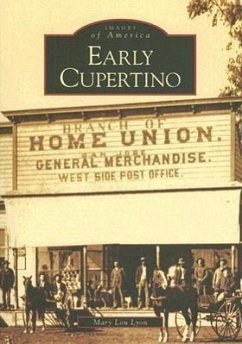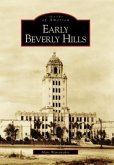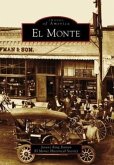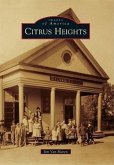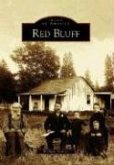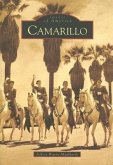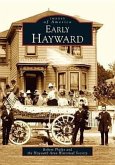A priest with Juan Batista de Anza's expedition in 1776 named a wild creek where the group camped after St. Joseph of Cupertino, Italy. A village known as Westside adopted the name in 1904 as it grew up by that stream, now Stevens Creek, near the road that is now De Anza Boulevard. Like its Italian namesake, Cupertino once had wineries, and vineyards striped its foothills and flatlands. Later vast orchards created an annual blizzard of spring blossoms, earning it the name Valley of Heart's Delight. The railroad came to carry those crops to market, and the electric trolley extended to connect Cupertino's first housing tract, Monte Vista. When the postwar building boom came, Cupertino preserved its independence through incorporation, but that bold move would not stop the wave of modernization that would soon roll over the valley.
Hinweis: Dieser Artikel kann nur an eine deutsche Lieferadresse ausgeliefert werden.
Hinweis: Dieser Artikel kann nur an eine deutsche Lieferadresse ausgeliefert werden.

